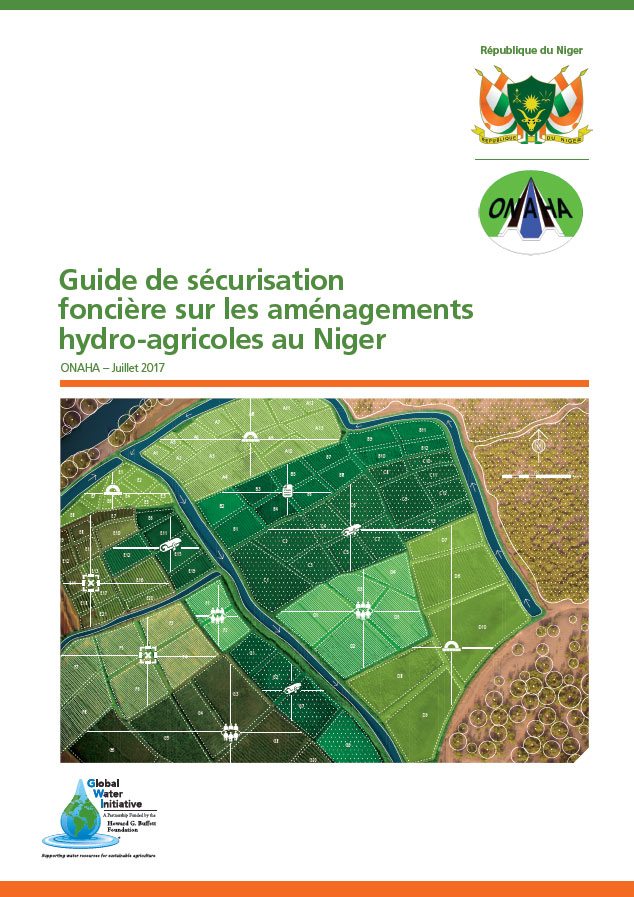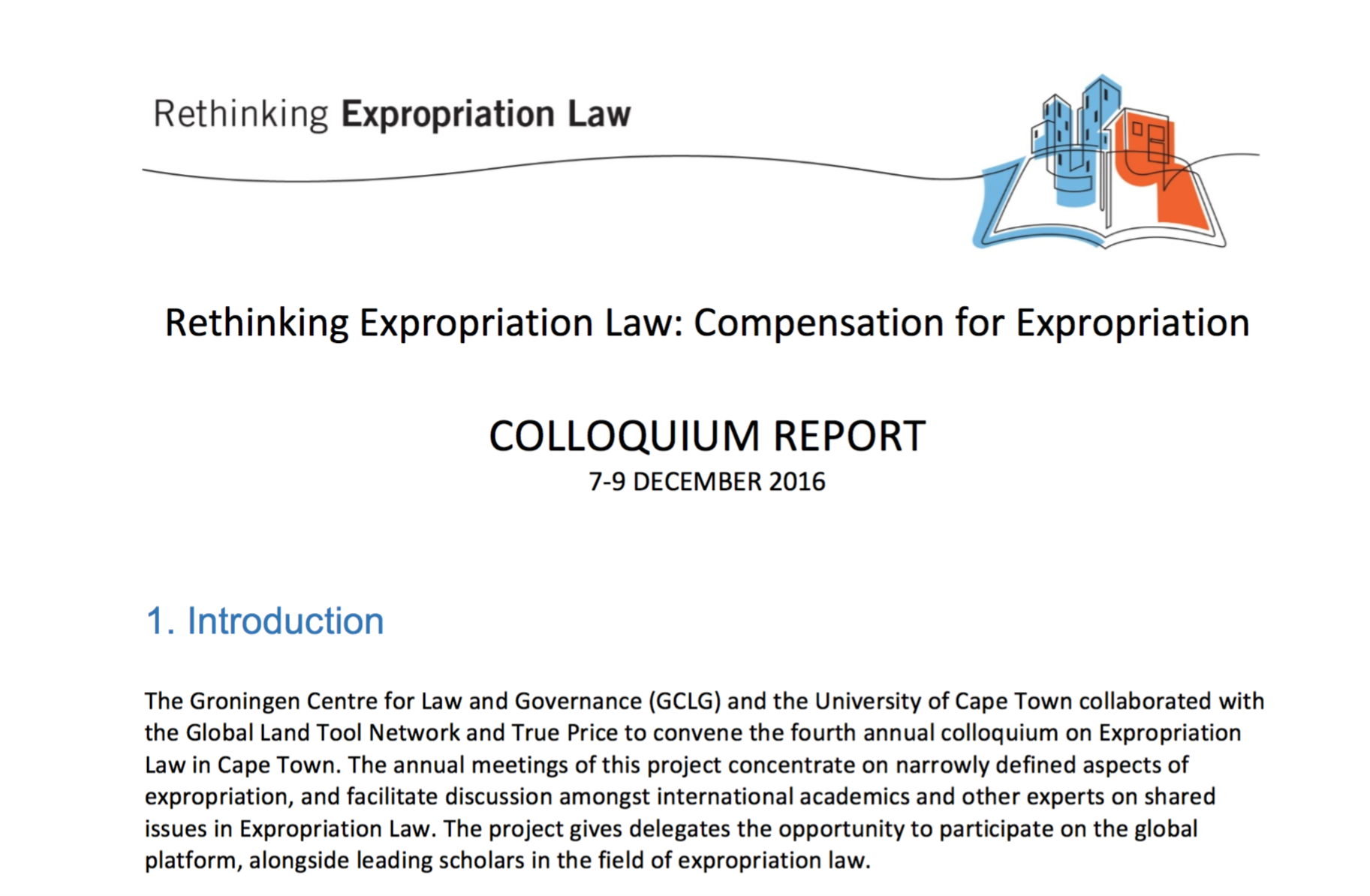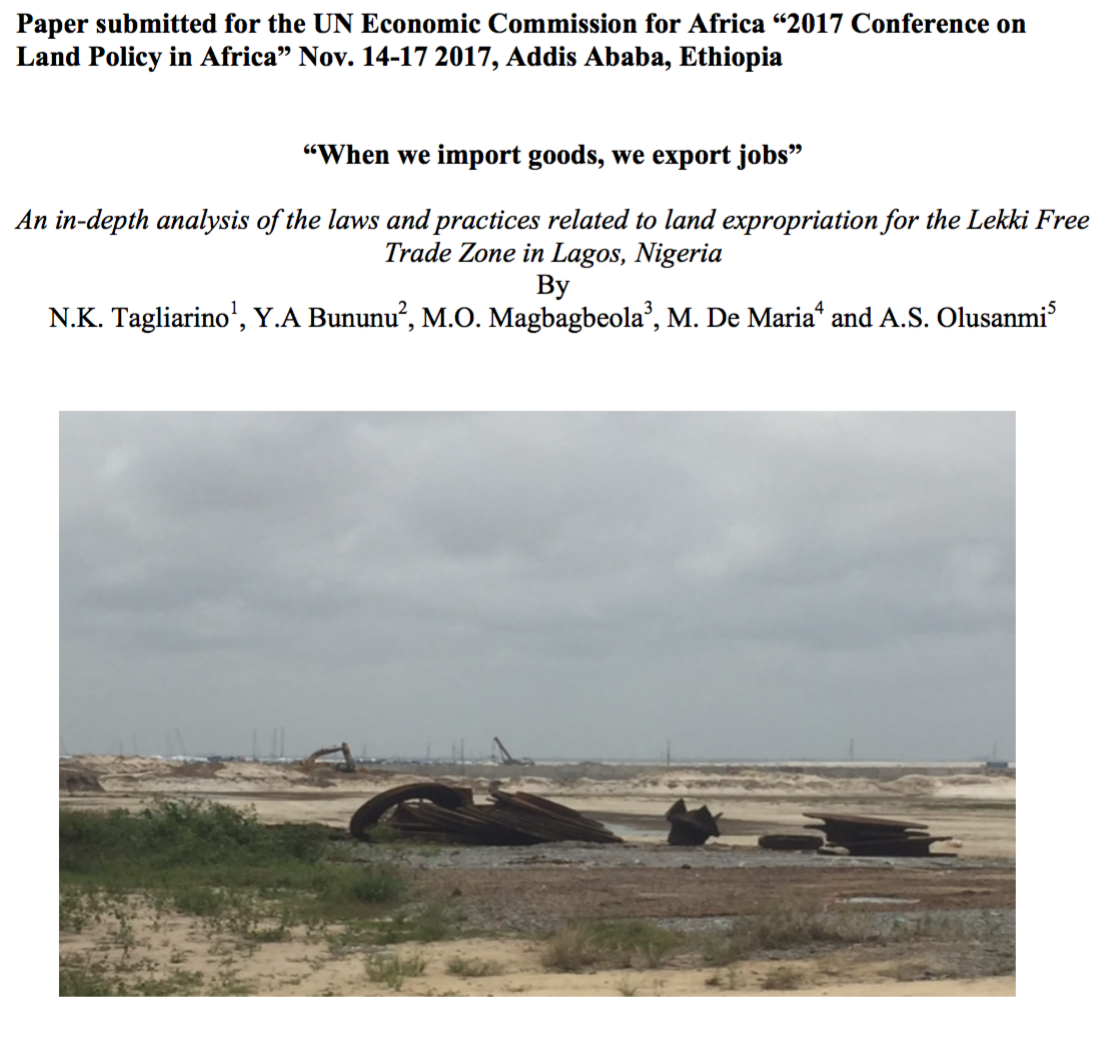Profit Sharing under the Threat of Nationalization
A multinational corporation engages in foreign direct investment for the extraction of a natural resource in a developing country. The corporation bears the initial investment and earns as a return a share of the profits. The host country provides access and guarantees conditions of operation. Since the investment is totally sunk, the corporation must account in its plan not only for uncertainty in market conditions but also for the threat of nationalization.





